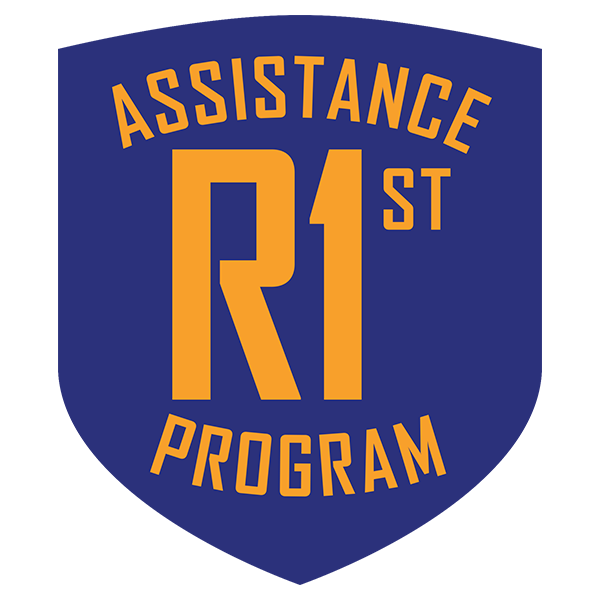What is stress?
cumulative stress
Cumulative stress can be more dangerous than stress caused from a single traumatic event, largely because cumulative stress is more likely to go unnoticed and untreated. When a catastrophic event occurs, such as an officer-involved shooting, most departments have policies and professionals to help an officer address and deal with the aftermath of an event.
However, the build-up of events that arise throughout an officer’s career generally do not warrant such specialized attention. As a result, an officer with cumulative stress is less likely to receive treatment. Unlike a physical injury, a mental traumatic injury can happen almost daily. If untreated, officers can become a risk to themselves and others.
It is important to know that all stress is not negative. In life we experience eustress and distress. Eustress is beneficial and aids in motivation and improves performance. This type of stress also serves in good officer safety, or quick decision-making processes for first responders.
Understanding how higher levels of stress, distress, negatively impact the mind and body are equally important. Distress can look like decreased focus, increased procrastination/avoidance, feeling overwhelmed, or impaired performance.
First Responders experience both eustress and distress daily. It is important to know the difference and how to manage and use them to your benefit.
